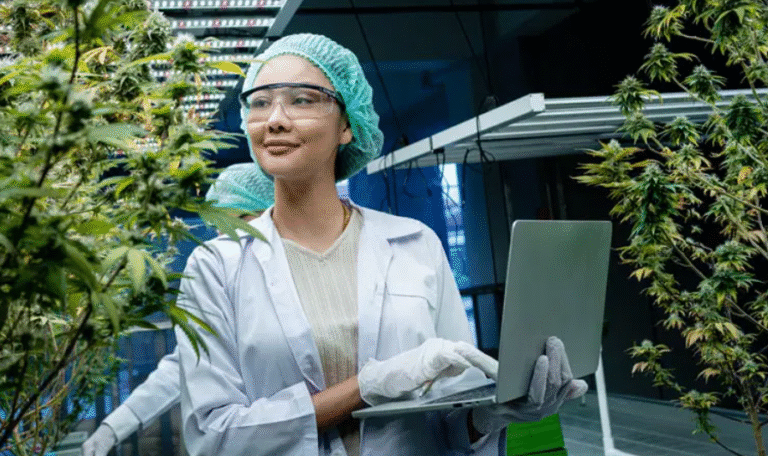Wholesale Sports Balls in Manufacturing Industry

Introduction
The manufacturing industry has experienced a steady rise in demand for wholesale sports balls as more people engage in physical activities, fitness programs, and competitive sports. Whether it is football, basketball, volleyball, or tennis, these products are a fundamental part of schools, sports clubs, gyms, and retail markets worldwide. Manufacturers play a critical role in ensuring consistent supply, quality control, and customization to meet different requirements. This article explores the significance of wholesale sports balls, their production process, global demand, and future potential in the market.
Importance of Wholesale Sports Balls
Sports equipment suppliers and retailers heavily rely on wholesale sports balls because purchasing in bulk reduces overall costs and ensures a continuous inventory. For schools and training academies, bulk buying helps them save money while maintaining adequate supply for students and athletes. Furthermore, wholesalers ensure a wide variety of products, giving businesses and organizations the flexibility to choose based on material, size, and performance standards.
Manufacturing Process
The process of making wholesale sports balls involves several stages, each requiring precision and quality control. Most balls begin with a core made from rubber or synthetic materials. This is followed by adding layers of fabric for durability and stitching panels together to form the outer covering. Advanced machinery ensures accuracy, while skilled workers handle the finishing touches. For high-performance balls, manufacturers conduct air retention and bounce tests before releasing them into the market. This structured process guarantees reliability and uniformity in bulk production.
Materials Used in Production
Different sports require different materials in the manufacturing of wholesale sports balls. For instance:
- Football and basketball: Often use synthetic leather or polyurethane for durability and grip.
- Volleyball: Typically constructed with a softer outer layer for better handling and comfort.
- Tennis and cricket balls: Involve natural rubber and high-quality felt or leather for superior performance.
The choice of material influences the ball’s weight, bounce, lifespan, and suitability for professional or recreational use. Manufacturers must balance cost-effectiveness with performance requirements, especially when producing large volumes for wholesalers.
See also: Understanding the Benefits of Protein Drink for a Healthy Lifestyle
Global Market Demand
The demand for wholesale sports balls is rising globally due to increasing awareness of health and fitness. North America and Europe dominate the professional sports market, while Asia-Pacific has shown rapid growth because of large wholesale sports balls populations and government initiatives to promote physical activity. Countries like China, India, and Pakistan are also leading producers, exporting sports balls to major retailers worldwide. The global reach of these products demonstrates how integral they are to both professional and community-level sports.
Role of Customization
One of the most attractive features in the wholesale market is customization. Sports clubs, universities, and event organizers often prefer wholesale sports balls with logos, team names, or specific color combinations. This not only enhances brand visibility but also strengthens team identity. Manufacturers now offer a range of customization options while maintaining quality standards. This trend has made bulk purchasing even more appealing for organizations that want tailored solutions.
Quality Assurance in Bulk Supply
When dealing with wholesale sports balls, quality control becomes even more important. A single defective batch can lead to significant losses for both manufacturers and distributors. To avoid this, producers invest in strict testing processes. These include durability tests, water resistance checks, and air retention assessments. Certification from international sports authorities also helps manufacturers build credibility in global markets.
Cost Benefits of Bulk Manufacturing
One of the biggest advantages of wholesale sports balls is cost efficiency. Bulk production allows manufacturers to optimize resources, minimize wastage, and negotiate better deals on raw materials. For buyers, purchasing in large quantities translates into lower per-unit costs. This win-win situation makes wholesale transactions vital in the sports manufacturing industry.
Challenges in the Industry
Despite steady growth, the wholesale sports balls industry faces challenges such as fluctuating raw material prices, competition from low-quality alternatives, and sustainability concerns. Manufacturers are increasingly focusing on eco-friendly materials and ethical labor practices to meet consumer expectations. Moreover, maintaining consistency in mass production remains a challenge, pushing companies to invest in modern technology and skilled labor.
Future Trends
The future of wholesale sports balls looks promising with the integration of technology and sustainability. Smart sports balls embedded with sensors are gradually entering the market, offering advanced performance tracking for professional athletes. Additionally, the shift toward recyclable materials ensures environmentally responsible production. As demand continues to rise, manufacturers who combine innovation with affordability will dominate the wholesale market.
Conclusion
The wholesale sports balls industry is a cornerstone of global sports and fitness markets. From manufacturing processes to global demand and customization, this segment continues to expand in importance. Manufacturers must balance cost, quality, and innovation to remain competitive. With sustainability and technology shaping the future, wholesale sports balls will remain an essential product in schools, clubs, and professional sports organizations worldwide.





